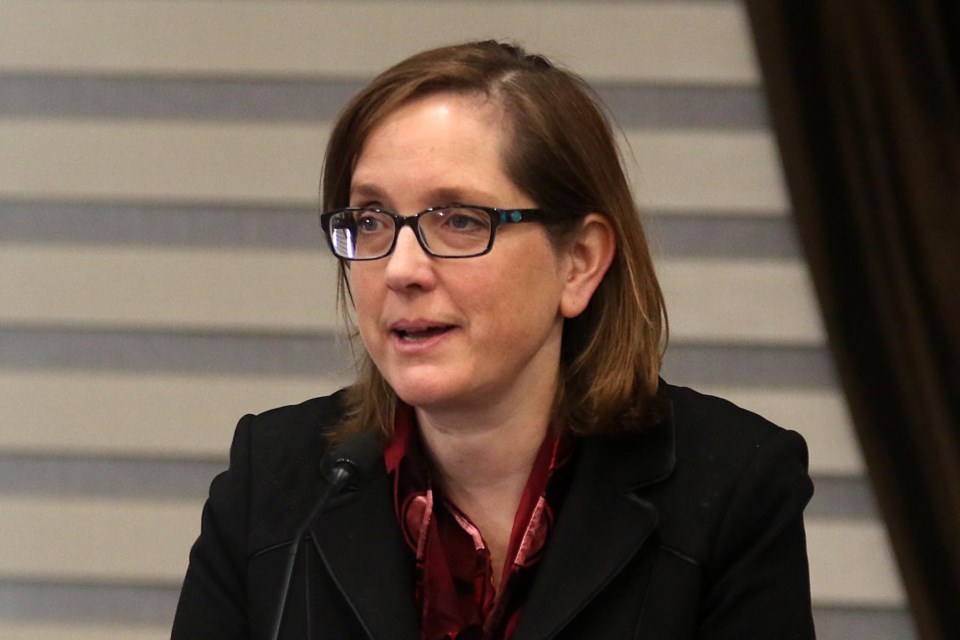THUNDER BAY – Third shots of the COVID-19 vaccine are expected to roll out to eligible groups over the coming weeks, says Thunder Bay’s medical officer of health.
But despite plans by U.S. authorities to authorize third doses for all Americans, Dr. Janet DeMille said it still isn’t certain a booster shot is necessary for most people.
The province on Tuesday approved third shots for higher-risk groups including transplant recipients, patients undergoing immuno-suppressant treatments, and residents of “high-risk congregate settings” like long-term care homes.
That decision was informed by evidence of lower immune response to the vaccine among those groups, DeMille said, including for LTC residents.
“We know that older people, especially people who may have underlying conditions where they require long-term care, they may not have had an adequate response to their first and second doses, or it may have waned."
There’s no firm answer on how many will be eligible for third doses in the Thunder Bay District, but DeMille said it could be around 2,000 people, extrapolating from provincial estimates.
That additional demand won’t strain vaccine supply, which remains strong, she said.
Third doses should begin rolling out in the next two to three weeks, said DeMille, and will largely be administered by staff in hospitals and long-term care homes, rather than vaccine clinics or pharmacies.
The U.S. Centers for Disease Control said this week booster shots would be available to all Americans, presenting studies they said indicated vaccine protection had begun waning for early recipients.
The CDC plans to allow third shots of Pfizer and Moderna vaccines eight months after the second dose beginning in September, though some approvals are still required.
The World Health Organization has urged wealthier countries not to offer booster shots, arguing the focus should be on distributing vaccines to countries that have had little access. The failure to ensure global vaccine equity is not just an issue of justice, but risks seeing new and more dangerous variants of the virus emerge, the WHO has warned.
According to DeMille, it’s not yet clear third doses are necessary for the general public.
“I think for most people, two doses will be enough,” she said. “It’s an ongoing process and we may hear more information on who should get a third dose, but it really needs to be an evidence-based approach.”
“What’s very clear, though, is the evidence shows that two doses will work very well for most people, especially to protect against severe cases that require hospitalization or ICU admission, or result in somebody’s death.”
